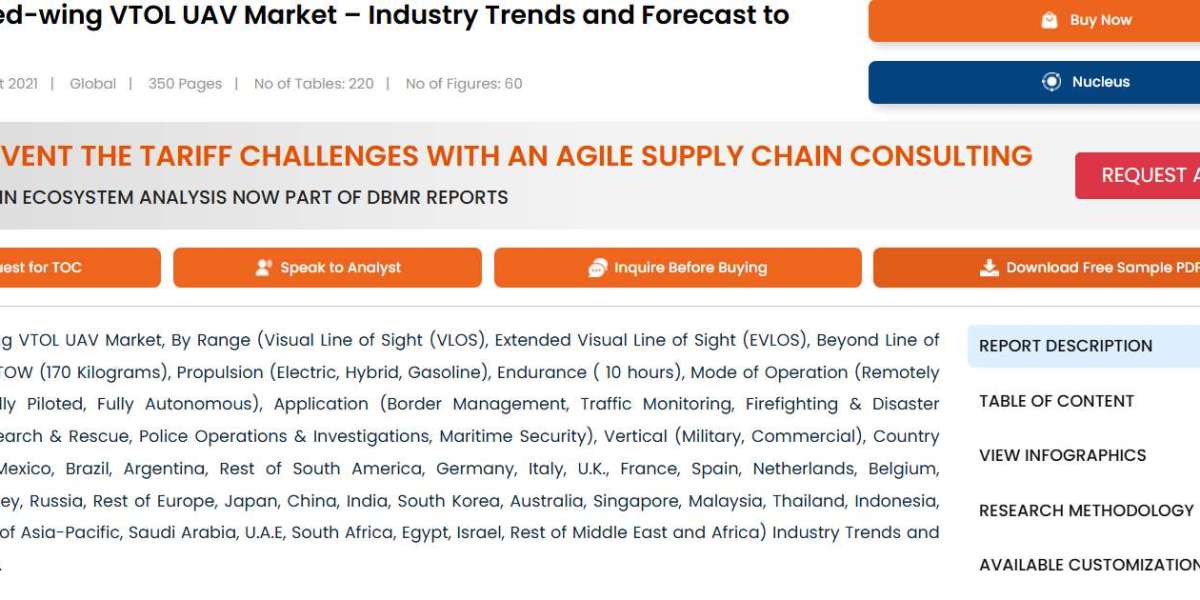ISO 9001 Internal Auditor Course: Building Expertise in Quality Management Systems
Introduction
ISO 9001 is the world’s most widely recognized standard for Quality Management Systems (QMS). It outlines the criteria for a company to ensure consistent quality in its products and services, while fostering customer satisfaction and continuous improvement. ISO 9001 Internal Auditor training is designed for professionals who wish to gain the skills necessary to assess and evaluate an organization’s QMS and ensure compliance with ISO 9001 standards. In this article, we will explore the key subtopics of the ISO 9001 Internal Auditor course and how this training can enhance both organizational and individual capabilities.
Subtopics of ISO 9001 Internal Auditor Course
Introduction to ISO 9001 Standard The course begins with a comprehensive overview of the ISO 9001 standard, explaining its structure, requirements, and key principles. Participants are introduced to the 7 Quality Management Principles, such as customer focus, leadership, and continuous improvement, which serve as the foundation for the standard’s implementation and maintenance in an organization.
Understanding the Role of an Internal Auditor A major focus of the course is understanding the critical role of an internal auditor. This includes the responsibility of ensuring that the QMS meets ISO 9001 requirements, identifying non-conformities, and recommending corrective actions. Trainees learn how to plan, execute, and follow up on audits, as well as how to assess the effectiveness of the system.
Audit Process and Techniques The ISO 9001 Internal Auditor course emphasizes the complete audit process. This includes audit planning, preparing audit checklists, conducting interviews, reviewing documents, and collecting evidence. Trainees are taught various audit techniques, such as sampling, questioning techniques, and audit reporting, to effectively evaluate the QMS’s performance.
Identifying Non-Conformities and Root Cause Analysis A key skill taught in the course is how to identify non-conformities in a QMS. Participants learn how to conduct root cause analysis to determine the underlying issues behind non-conformities and develop corrective actions. The course also stresses the importance of documenting findings clearly and professionally.
Audit Reporting and Follow-Up The final step of the auditing process is reporting. Trainees learn how to write clear, concise, and objective audit reports that outline findings, evidence, and recommendations for improvement. Additionally, they are taught how to conduct follow-up audits to verify the implementation of corrective actions.
Conclusion
ISO 9001 Internal Auditor training is essential for anyone involved in auditing, managing, or improving a QMS. The course provides participants with the knowledge and practical skills necessary to conduct effective internal audits, ensuring compliance with ISO 9001 standards and driving continuous improvement within the organization. By completing the training, professionals gain valuable expertise that not only enhances their careers but also supports the organization in maintaining high standards of quality and customer satisfaction.


